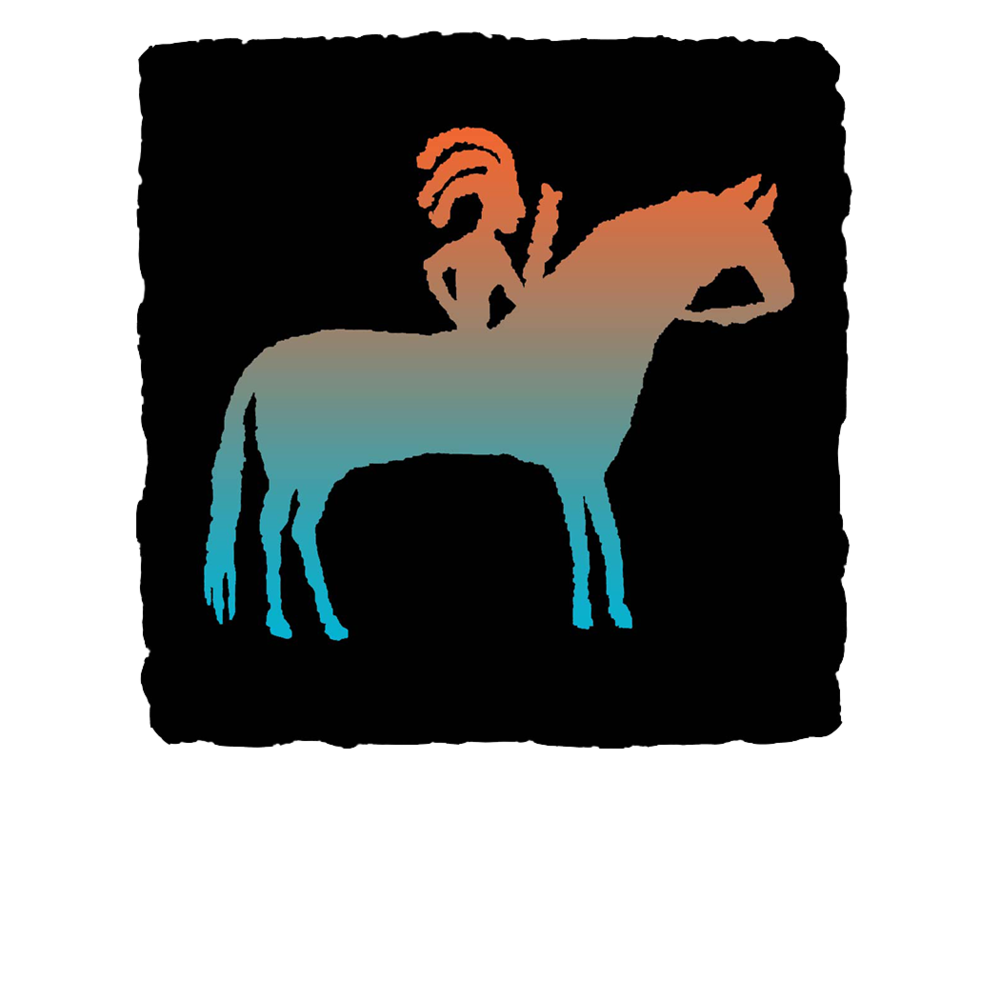A Conversation with Robin Wall Kimmerer: Braiding Sweetgrass and Indigenuity
You can not miss this conversation between these two important people. Dan Wildcat and Robin Wall Kimmerer are engaging in a conversation on Indigenuity, how traditional knowledge meets innovation. Join us on October 7, 2021, at 10:00 AM CST in kicking off the weekend defining Indigenuity.
This pre-recorded conversation will be streamed on Facebook Live. Watch online only.
This event will be recorded and archived on our website at a later date.
Photo credit: Dale Kakkak
Robin Wall Kimmerer is a mother, scientist, decorated professor, and enrolled member of the Citizen Potawatomi Nation. She is the author of Braiding Sweetgrass: Indigenous Wisdom, Scientific Knowledge and the Teachings of Plants, which has earned Kimmerer wide acclaim. Her first book, Gathering Moss: A Natural and Cultural History of Mosses, was awarded the John Burroughs Medal for outstanding nature writing, and her other work has appeared in Orion, Whole Terrain, and numerous scientific journals. She tours widely and has been featured on NPR’s On Being with Krista Tippett and in 2015 addressed the general assembly of the United Nations on the topic of “Healing Our Relationship with Nature.” Kimmerer lives in Syracuse, New York, where she is a SUNY Distinguished Teaching Professor of Environmental Biology, and the founder and director of the Center for Native Peoples and the Environment, whose mission is to create programs which draw on the wisdom of both indigenous and scientific knowledge for our shared goals of sustainability.
As a writer and a scientist, her interests in restoration include not only restoration of ecological communities, but restoration of our relationships to land. She holds a BS in Botany from SUNY ESF, an MS and PhD in Botany from the University of Wisconsin and is the author of numerous scientific papers on plant ecology, bryophyte ecology, traditional knowledge and restoration ecology. She lives on an old farm in upstate New York, tending gardens both cultivated and wild.
Daniel R. Wildcat is a Yuchi member of the Muscogee Nation of Oklahoma. His service as teacher and administrator at Haskell spans 34 years. In 2013 he was the Gordon Russell visiting professor of Native American Studies at Dartmouth College. He has served as adjunct faculty for the Bloch School - UMKC for the past decade. Dr. Wildcat received B.A. and M.A. degrees in sociology from the University of Kansas and an interdisciplinary Ph.D. from the University of Missouri at Kansas City. In 1994 he helped form a partnership with the Hazardous Substance Research Center at Kansas State University to create the Haskell Environmental Research Studies (HERS) Center as a non-profit Native American research center to facilitate: 1) technology transfer to tribal governments and Native communities, 2) transfer of accurate environmental information to tribes, and 3) research opportunities to tribal college faculty and students throughout the United States.
He is the author and editor of several books: Power and Place: Indian Education In America, with Vine Deloria, Jr.; Destroying Dogma: Vine Deloria’s Legacy on Intellectual America, with Steve Pavlik. His most recent book, Red Alert: Saving the Planet with Indigenous Knowledge, suggests current environmental issues will require the exercise of indigenous ingenuity - indigenuity - and wisdom if humankind is to reduce the environmental damage underway. He is a co-author on the Southern Great Plains chapter of the Fourth National Climate Assessment.
Signed copies of Red Alert! Saving the Planet with Indigenous Knowledge are available to purchase on MONAH's Online Trading Post.


